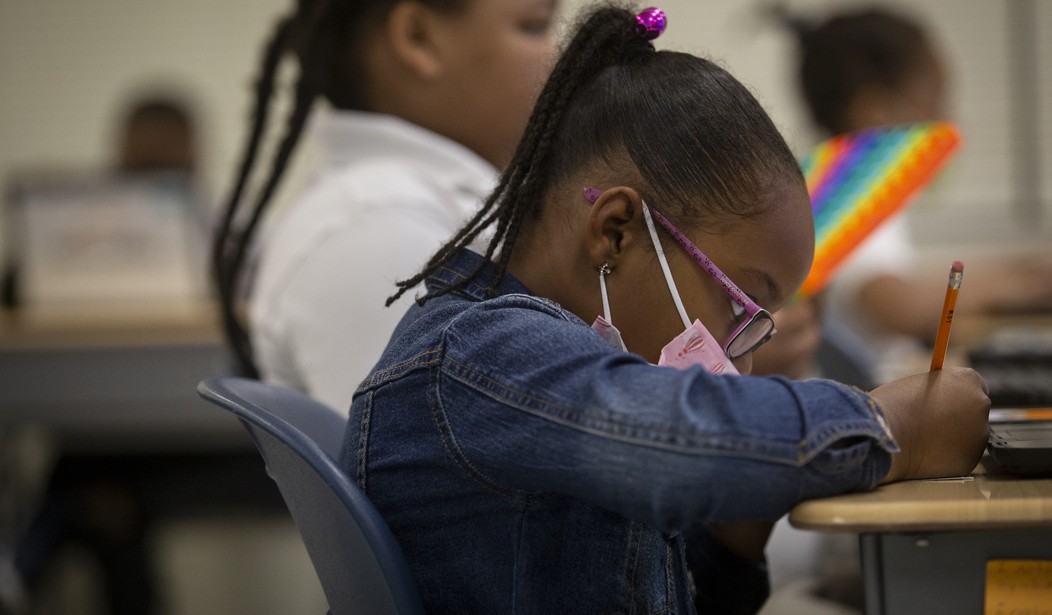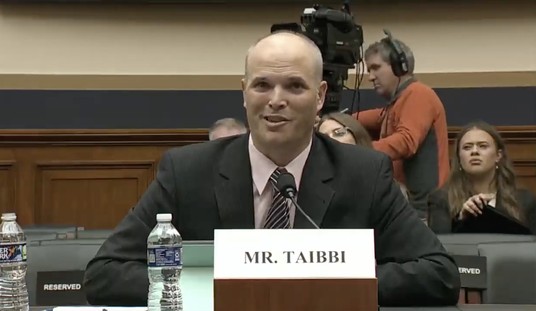Education Choice for Children Act Would Be a Total Game Changer

One of the most pressing problems the United States currently faces is the declining state of our public education system. While there are myriad reasons for the slow and steady decay of our public schools, most Americans are less concerned with the causes and more concerned with solutions.
One of the most popular remedies to this national problem also happens to be the simplest: inject robust competition into the education realm by allowing virtually all parents and students to choose the school that best fits their unique learning needs.
This is the basic approach of the school choice movement, which has experienced much success over the past few years. However, for the most part, the school choice debate has been limited to the state level, with Republican-led states embracing school choice and the vast majority of Democratic-run states doubling down on defending and protecting the public school monopoly.
This begs the question: Is there any way the school choice debate could expand from state-level initiatives to the federal level? The answer to that question is a resounding yes. And it goes by the name of the Education Choice for Children Act (ECCA).
In January 2023, Sen. Bill Cassidy (R-LA) introduced the ECCA along with Rep. Adrian Smith (R-NE).
Recommended
According to Cassidy, “Parents deserve the right to make the best educational decision for their child, regardless of income. Our bill empowers families to pick the school that best fits their children’s needs.”
Smith echoed similar sentiments, noting, “Parents – not government – should always have the final say in what kind of education their child receives, no matter where they live or their socioeconomic status.”
So, what exactly would the ECCA do, were it to become law?
First and foremost, the ECCA would create a federal scholarship tax credit, which would, “incentivize individual and corporate contributions to non-profit scholarship granting organizations (SGOs): private donations – not federal money – up to $10 billion annually to enable parents to choose the best school or education service for up to two million children.”
It is important to note that the federal scholarship tax credit would not fall under the bailiwick of the Department of Education and would not add a single penny to federal spending, because only private donations would fund the program.
Second, SGOs—not unaccountable federal bureaucrats—would be in charge of determining how much scholarship money is awarded, reducing the vast amount of red tape and burdensome regulatory hurdles that are so often associated with federal programs.
The allotted money could be used for a variety of education-related items and services, such as, “tuition, tutoring for learning loss, education technology, and special needs services.” As the bill’s author’s note, “students could remain in public schools in more rural areas while using scholarships for purposes other than tuition.”
Third, the sheer number of eligible American students who could receive such a scholarship would be enormous. As the bill is currently written, the scholarships would be open to all K-12 students who live in “households with incomes up to 300 percent of the median income level by region determined by Dept. of Housing and Urban Development.”
This means millions of students trapped in unsafe, failing public schools would finally have a chance to enroll in high-performing private, charter, or parochial schools, without having to worry about how to cover the cost of tuition and other expenses.
To put this into proper context, a household family of four making $90,000 per year would be fully eligible to participate in the ECCA. In other words, this program would be a boon for lower- and middle-class families. Indeed, in one fell swoop, it would basically level the education playing field.
Fourth and finally, the ECCA respects religious freedom and the autonomy of non-public schools. As stated before, because there are no federal dollars to fund the program, the ECCA “prohibits governmental control, mandates, or encroachment over SGOs that receive contributions or schools that enroll scholarship recipients.”
This aspect of the program is vital, because the federal government has a long track record of dangling federal dollars to schools with the hope that if the school accepts the federal funds, it will become more or less beholden to federal diktats. The ECCA ensures this will not occur, which means these schools will be free from the heavy hand of superfluous federal regulations.
Perhaps most significantly, the ECCA would give a sense of hope to the millions of families who live in blue states, which are openly hostile to anything remotely resembling school choice. In today’s society more than ever, a solid education is arguably the best way to end the cycle of poverty. And, every American family, no matter their socioeconomic status, deserves the right to pursue the best educational pathway that will set their children up for success.



No comments:
Post a Comment